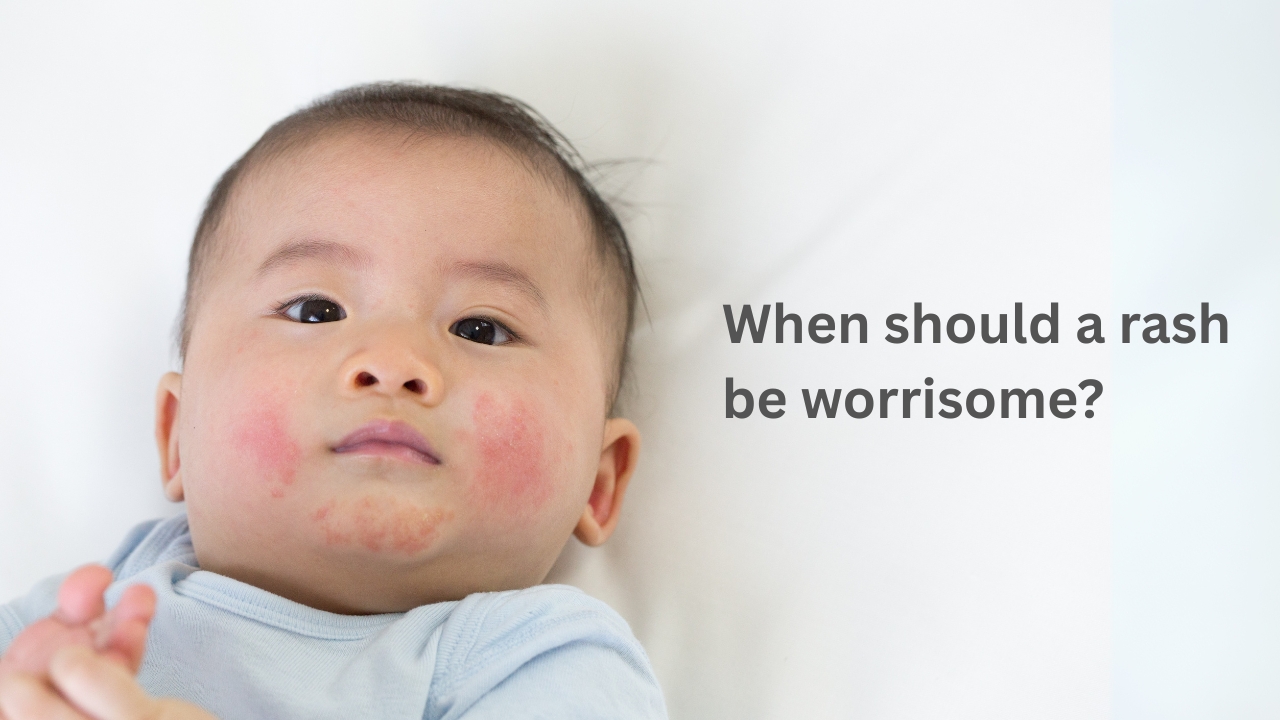Rashes are common and can show up for many different reasons from a heatwave, an allergy, a new soap, or even stress. Most of the time, a rash is harmless and goes away on its own or with simple home care. But sometimes, a rash can be a sign of something more serious, and knowing when to be concerned can make a big difference.
First, it helps to pay attention to how the rash looks and feels. If it’s itchy, red, and appears after using a new lotion or detergent, it’s likely an allergic reaction or skin irritation. These types of rashes usually improve once you stop using the product and may go away with over-the-counter creams. The same goes for heat rashes or mild eczema uncomfortable, but usually not dangerous.
However, there are some signs that a rash could be a warning flag. If the rash spreads quickly, especially with swelling or pain, it could be a sign of an infection or a serious allergic reaction. If you notice blisters, open sores, or the skin around the rash becoming warm and red, it might be infected, and you should see a doctor. Also, if the rash comes with a fever, fatigue, or other body-wide symptoms, that’s another sign you shouldn't ignore it. Rashes linked to illnesses like measles, chickenpox, or scarlet fever often show up with a fever or sore throat.
One of the most serious concerns is a rash that appears suddenly with difficulty breathing, swelling of the face or throat, or dizziness. This could be anaphylaxis, a severe allergic reaction that requires emergency medical help right away. Another urgent rash is one that looks like tiny, dark purple spots or bruises that don’t fade when you press on them this could be a sign of meningitis, which also needs immediate attention.
Rashes in infants and young children deserve special attention, too. Babies can get harmless rashes like diaper rash or baby acne, but if your child has a rash with a high fever, seems very sleepy or irritable, or stops eating and drinking, it’s best to get them checked by a doctor.
It’s also wise to be cautious with rashes that last longer than a week without getting better or keep coming back. These might be related to chronic skin conditions like psoriasis or autoimmune diseases and may need ongoing care from a dermatologist.
In short, while most rashes are not serious, it’s important to trust your instincts. If something feels off, looks strange, or is getting worse, it’s worth getting medical advice. Skin is your body’s first line of defence, and changes in it can sometimes reflect what’s going on inside. When in doubt, don’t be afraid to check in with a healthcare provider. It’s better to be safe, get peace of mind, and keep your skin and your health in good shape.



Add a Comment